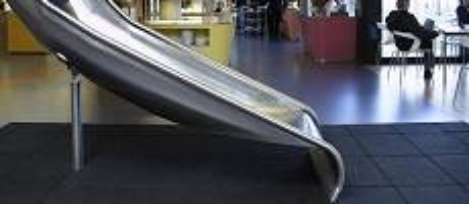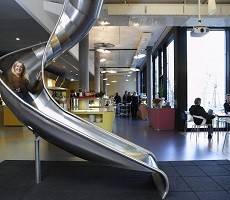June 7, 2016
New guide available on building the business case for agile working 0
 For employers and employees who have yet to persuade senior management of its benefits, the work-life balance charity Working Families has launched a new online guide on how to construct a business case for agile working. The step-by-step guide spells out the argument that flexible working brings; higher levels of productivity which can lead to increased output at no additional cost; staff retention, reducing turnover and the cost of retraining; recruitment opportunities, ensuring you have access to the best talent; and that flexible working is necessary to adapt to future trends. The guide covers the globalisation of work and demand for 24 hour service; changing demographics and attitudes towards work and both the social case and the health and wellbeing case for flexible working. It also provides some evidence and case studies which show that flexible working increases organisational performance and productivity, along with a look at how technology can facilitate changing working styles and bring about change.
For employers and employees who have yet to persuade senior management of its benefits, the work-life balance charity Working Families has launched a new online guide on how to construct a business case for agile working. The step-by-step guide spells out the argument that flexible working brings; higher levels of productivity which can lead to increased output at no additional cost; staff retention, reducing turnover and the cost of retraining; recruitment opportunities, ensuring you have access to the best talent; and that flexible working is necessary to adapt to future trends. The guide covers the globalisation of work and demand for 24 hour service; changing demographics and attitudes towards work and both the social case and the health and wellbeing case for flexible working. It also provides some evidence and case studies which show that flexible working increases organisational performance and productivity, along with a look at how technology can facilitate changing working styles and bring about change.



































June 2, 2016
European Championships 2016: advice and guidance issued for employers 0
by Sara Bean • Comment, Flexible working, Legal news, News, Workplace
(more…)